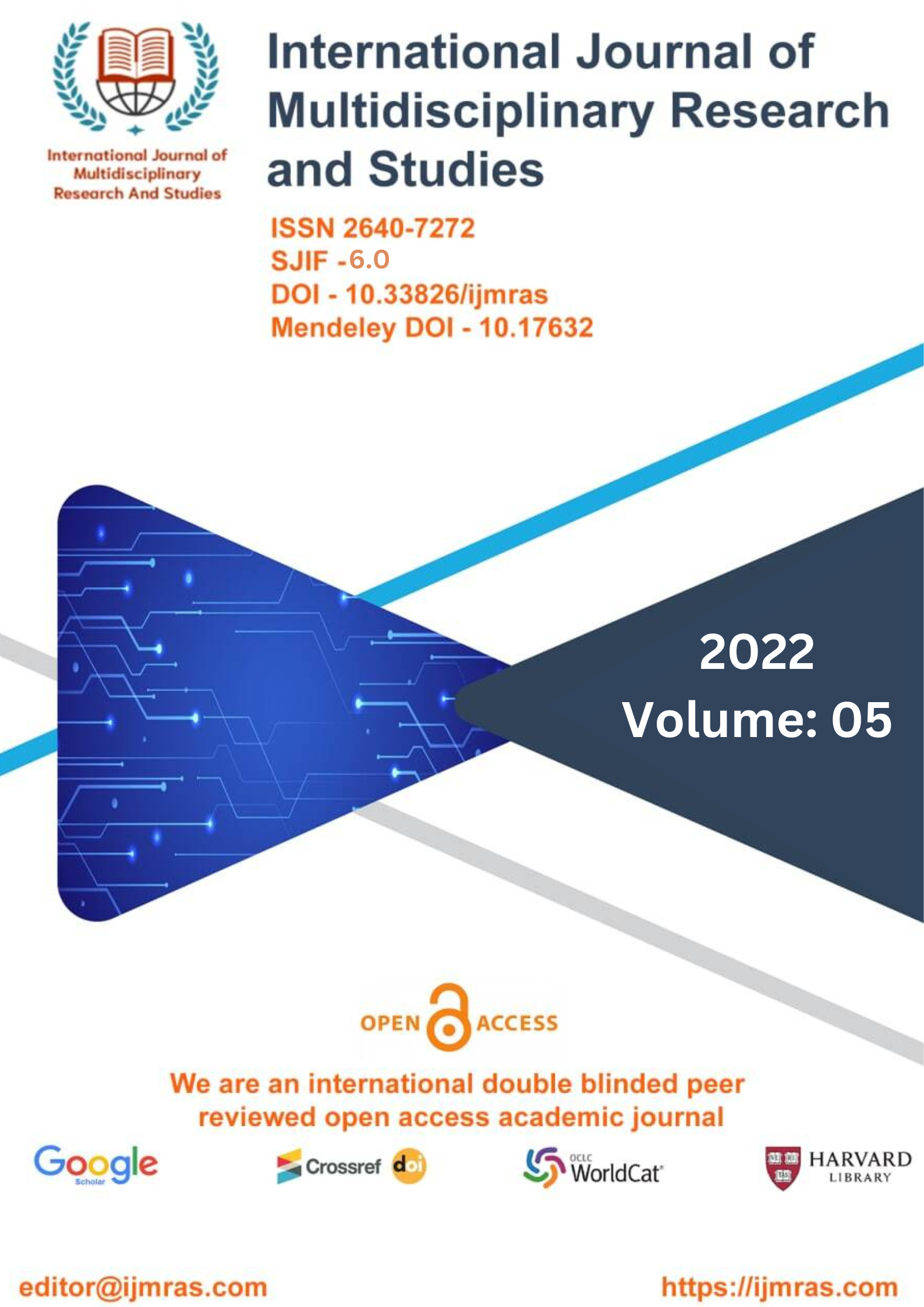Comprehensive Profiling of Phytochemical Estimation and Anti Nociceptive Effect of Malus Pumila

Abstract
Malus pumila, commonly known as apple, is a widely consumed fruit with a long history of medicinal use. This study aimed to provide a comprehensive profile of the phytochemical constituents present in Malus pumila and evaluate its anti-nociceptive potential. Various phytochemical analyses were conducted to identify the presence of bioactive compounds, including polyphenols, flavonoids, terpenoids, and alkaloids, in different parts of Malus pumila, such as the fruit peel, flesh, and seeds. Furthermore, the anti-nociceptive effect of Malus pumila extracts was assessed using in vivo models of pain. The results showed a significant reduction in nociceptive responses in mice treated with Malus pumila extracts, indicating its potential analgesic properties. These effects were dose-dependent, suggesting that Malus pumila may serve as a natural remedy for pain management. The findings of this study contribute to a better understanding of the phytochemical composition of Malus pumila and its potential as an anti-nociceptive agent. Further research is warranted to elucidate the mechanisms of action and safety profile of Malus pumila extracts for future development as a therapeutic option for pain management.
Keywords
Malus Pumila, Phytochemical Composition, Anti-Nociceptive Agent, Vivo ModelsHow to Cite
References
Melzack, R., & Casey, K. L. Sensory, motivational, and central control determinants of pain: a new conceptual model. The skin senses1968; pp.423- 439.
Farnsworth, C. C., Wolda, S. L., Gelb, M. H., & Glomset, J. A. Human lamin B contains a farnesylated cysteine residue. Journal of Biological Chemistry, 1989;264(34):20422-20429.
Schmidt, L. E., Schmäh, D., Leterrier, Y., & Månson, J. A. E. Time-intensity transformation and internal stress in UV-curable hyperbranched acrylates. Rheologica acta, 2007; 46(5): 693-701.
Akram, M. Minireview on Achillea millefolium Linn. The Journal of membrane biology, 2013:246(9):661-663.
Biochemistry of fruit colour in apples (Malus pumila Mill.) Carolyn Elizabeth Lister
Published 1994.
Kokate, C. K., Purohit, A. P., & Gokhale, S. B. Pharmacognosy. 36th. Nirali Prakashan Pune,2006; p.no.252.
Trease, G. E., & Evans, W. C. (1989). Pharmacognsy.11th edn. Brailliar Tiridel Can.
Kokate, C. K., Purohit, A. P., & Gokhale, S. B. Pharmacognosy. 36th. Nirali Prakashan Pune,2006; p.no.252.
License
Copyright (c) 2022 RAJESH KUMAR, MS. RAGINI BUNDELA, Dr. SOURABH JAIN, DR. KARUNAKAR SHUKLA

This work is licensed under a Creative Commons Attribution 4.0 International License.
Individual articles are published Open Access under the Creative Commons Licence: CC-BY 4.0.




